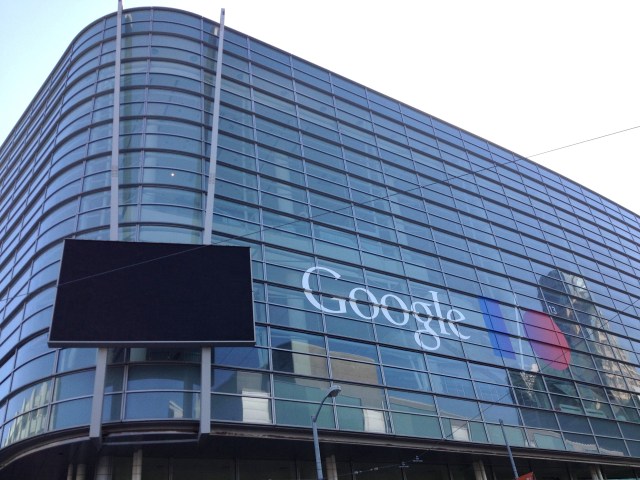Did Google’s conference succeed? It launched dozens of products and services in its 205-minute keynote, but did the world understand them? I saw some of the smartest journalists in technology struggling to handle the information density. But what’s the alternative? Break it up across multiple days, or even multiple conferences? Google’s breadth presents it with a challenge unique among the tech giants.
Apple? Its launches center around a discrete set of devices. That’s why WWDC works. There might be one radically new product, but then just a set of iterations on what we already know. The screen is bigger, the tablet is thinner, the software gets a new sheen. And since Apple is all about hardware you need to touch to believe, it has to do it all in-person. Journalists and pundits can easily digest the news and offer their insights to the world.
Facebook? It prefers the rolling thunder approach that works because it’s mostly a software company. Releasing things when they’re ready rather than waiting months for an event embodies its “move fast and break things” ideal. It reaches out to journalists almost daily about new updates. When it has something big, it throws a laser-focused, dedicated event like it did this year for content-specific news feeds, Graph Search, and Home. Even when it threw its last f8 developer conference 20 months ago, it kept it tight to just Timeline and Open Graph. The media could wrap its head around the social network’s plans.
Those conferences serve their purposes because they align with the identities of producers. Some see Microsoft’s events as a fragmented mess, as they too embody their producer. Microsost has Build for Windows and developers, TechEd for enterprise, a partner conference, a management summit, and a whole event for SharePoint. By splitting them all up, it never feels like there’s one day where Microsoft rules the world.
But Google has its own identity and it’s causing I/O growing pains. The conference certainly captures the spotlight. The problem is that Google’s vast ambitions have left I/O bursting at the seams. This year’s mega-keynote tried to combine search, maps, Google+, YouTube, Google Now, Google Play, music, games, Chrome, Android, and a new phone. And that was just the consumer facing stuff! Then there were a huge set of developer announcements like a native client for C++, location APIs, game services APIs, cloud messaging for notifications, and a suite of mobile app building tools called Android Studio.
Did you watch the keynote? If so, did you remember all these things? Did you have time to read insightful analysis about them? Did journalists even have the bandwidth to write intelligently about it all? It could take a while to unpack everything from I/O. I know I have at least five stories I want to write. And inevitably things will fall through the cracks as a new week will bring new news from elsewhere.
And it’s only going to get more intense. Google employees I’ve talked to say Larry Page is really pushing his 10X innovation mantra and speedier product cycles. They explain that Google could have saved some stuff for another conference later this year, but by then it’ll already have whole slew of new things ready to show off. Plus, developers and futurists might not be willing to come from around the world for two events a year.

The single, 3+ hour keynote with no intermission did symbolized Google’s big theme of unification. Google wants to show it isn’t just a grab bag of different products. They all piggy-back on each other. Android ties mobile together. Google+ ties people together no matter what other Google products they’re using.
But I/O may be too dense and rich. Like a chunk of chocolate fudge, it overwhelms the senses and leaves you struggling to chew up Google’s vision. It was so mind-boggling it put Wired’s Mat Honan into a psychedelic trance.
The three days of developer sessions that followed the keynote were a success, in that they helped developers develop. But perhaps splitting the keynote into two bite-size sessions would make it all easier to swallow. One consumer keynote (Search, Maps, Google+, Hangouts, Music, phone) and one developer keynote (Android, Chrome, APIs, developer tools). They could be split across two days. Alternatively, it could be one keynote with announcements sorted into these two categories with an intermission in the middle. Either would go a long way to making I/O more comprehensible.
But for now, sticking with a single, epic conference may be the best route for Google to create momentum, convey unification, bring its community together, and impress the globe. Google is determined to innovate faster and deliver the future. The duty falls on us to keep up.






























Comment